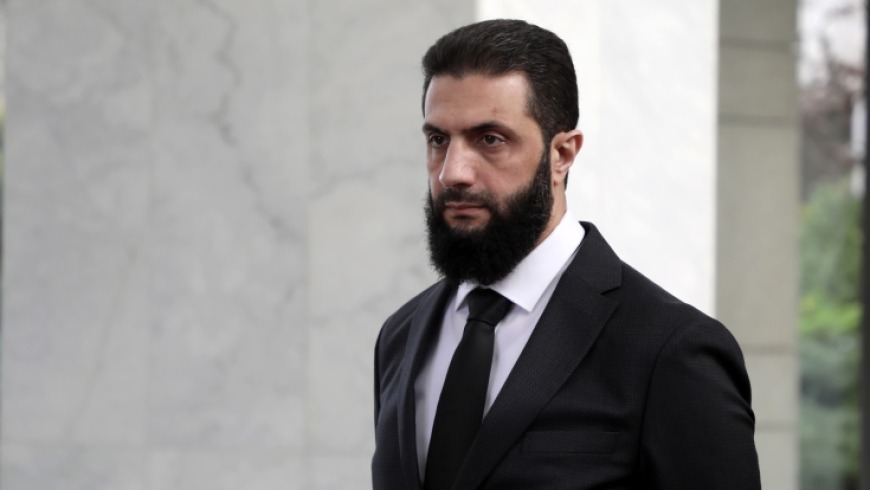After decades under the suffocating grip of the Assad dynasty, Syrians today celebrate the fall of an era defined by tyranny and corruption. Yet even amid their relief and cautious optimism, a profound fear lingers — the fear that history might repeat itself, that a new ruler might once again turn leadership into a personal dynasty, cementing power as an eternal right.
President Ahmad al-Sharaa, hailed by many as the savior who helped liberate the country, now finds himself navigating a complex and fragile political moment. Syrians, deeply scarred by the Assad regime’s legacy of “eternity,” are hyper-vigilant. They will not tolerate the resurrection of autocracy, familial rule, or a system designed for permanence. Nor should they.
This acute sensitivity is visible across the political landscape. Voices once silenced under Assad now rise without fear, openly criticizing the new administration. Such criticism is not born of hostility but of a national instinct sharpened by decades of betrayal. Syrians are determined: they want a state, not another regime.
However, not all criticism is rooted in good faith. Some “pre-fabricated” opponents declared their enmity toward Sharaa even before the new administration could define itself. For them, opposition is less about principle and more about ambition — a struggle for the power they did not seize.
Still, Sharaa cannot ignore the legitimate concerns fueling broader public unease. Mistakes have been made: constitutional ambiguities, appointments of family members to sensitive positions, slow progress on transitional justice, and the mishandling of former regime loyalists. These missteps, though perhaps unintentional, offer fuel to those eager to undermine the nascent government.
History offers a warning. Hafez al-Assad did not invent dictatorship overnight; it grew from unchecked power, tolerated too long. Syrians today have learned this lesson through blood and exile. They no longer need theorists to warn them of tyranny. They recognize it instinctively — and they are ready to uproot it before it takes hold.
Sharaa’s rhetoric so far has been reassuring, emphasizing unity, democracy, and inclusion. Yet words must now be matched by urgent, tangible action. Chief among these is the immediate launch of a credible transitional justice process. Without accountability, there can be no lasting trust. Without trust, no administration — no matter how well-intentioned — can hope to endure.
Syrians today are not merely surviving; they are rebuilding. They want a government that serves them, not rules them. They want institutions, not icons. They will support Sharaa — or any leader — only as long as he champions these aspirations. And if he falters, they will not hesitate to act, for they have already paid too high a price to accept anything less.
The road ahead demands humility, vigilance, and above all, fidelity to the idea of a free Syrian republic. Ahmad al-Sharaa holds the opportunity to lead Syria across this difficult bridge. But Syrians themselves will be the final guardians of their future — and they will never again surrender it to the illusion of eternity.
This article was translated and edited by The Syrian Observer. The Syrian Observer has not verified the content of this story. Responsibility for the information and views set out in this article lies entirely with the author.


